I don't know about you, but immersing myself in cold water is low on the list of things I enjoy. It doesn't even crack the top 100. I prefer room-temperature drinking water and cringe watching people do the Polar Bear Plunge. So the thought of ending my showers with a cold rinse sounded like torture to me! I'd heard of so many mental and health benefits from experiencing the hot-to-cold contrast, though, that I decided to try it for a few weeks and see how I felt.
I began by gradually decreasing the water temperature so my body could adjust. I started with my standard, warm shower temperature, and when I was ready to rinse, I slowly started turning the tap to cold. I first aimed to spend about 10 seconds in the cold water, then worked up to 30 seconds and eventually to a minute or two before stepping out of the shower. I started seeing benefits after the first shower, and they've only improved the longer I've practiced! A few weeks have become a couple of years, and I'd encourage everyone to try it. It's such a small, simple change that has made a noticeable, positive difference for me. After all, there's no growth in the comfort zone!
Here are some of the benefits that many believe come from cold showers:
Improved alertness and mood
Cold showers can instantly boost your alertness and mood. The cold water stimulates the body's sympathetic nervous system, increasing heart and breathing rates. This activation can create a feeling of invigoration, alertness, and an overall improvement in mood.
Enhanced circulation
When exposed to cold water, blood vessels constrict to conserve heat. This constriction, known as vasoconstriction, can improve circulation by pushing blood from the extremities toward vital organs. Once you leave the cold shower, the blood vessels dilate, improving blood flow throughout the body. This alternation between constriction and dilation can positively impact cardiovascular health.
Boosted immune function
Cold showers may help support the immune system. Research suggests that exposure to cold temperatures may increase the production of specific immune cells and enhance their activity. Additionally, activating the sympathetic nervous system during cold showers may contribute to immune system regulation and a potential increase in the immune response. However, it may have an adverse effect if you already have a cold, cough, or fever. The cold will cause your body to work harder and take longer to warm up.
Reduced muscle soreness
Cold showers have been shown to help alleviate normal muscle soreness after intense physical activity. Cold water can help constrict blood vessels and decrease blood flow to the affected muscles, reducing normal amounds of inflammation due to overuse. It may also provide temporary relief by numbing the area.
Improved skin and hair health
Cold water can benefit your skin and hair health. Hot water can strip the skin and scalp of natural oils, leading to dryness and irritation. On the other hand, cold showers can help seal the pores, tighten the skin, and maintain its natural moisture. They may also enhance the shine and strength of your hair by flattening the hair cuticles.
Increased resilience to stress
Cold showers are believed to promote resilience to stress. Exposure to cold water is considered a form of hormetic stress, a mild stressor that, when experienced in moderation, can help the body adapt and become more resilient to other forms of stress. Regular cold showers may improve the body's response to stress over time.
*It's worth noting that cold showers may not be suitable for everyone, especially those with certain medical conditions, who struggle to regulate their body temperature, or who show extreme sensitivity to cold temperatures. If you have any concerns or health issues, it's always advisable to consult with a healthcare professional before making any significant changes to your routine.


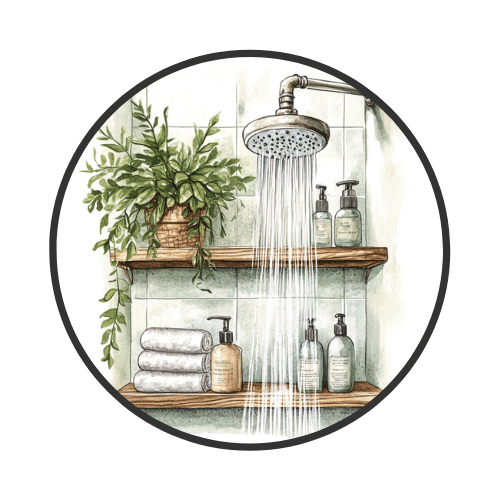

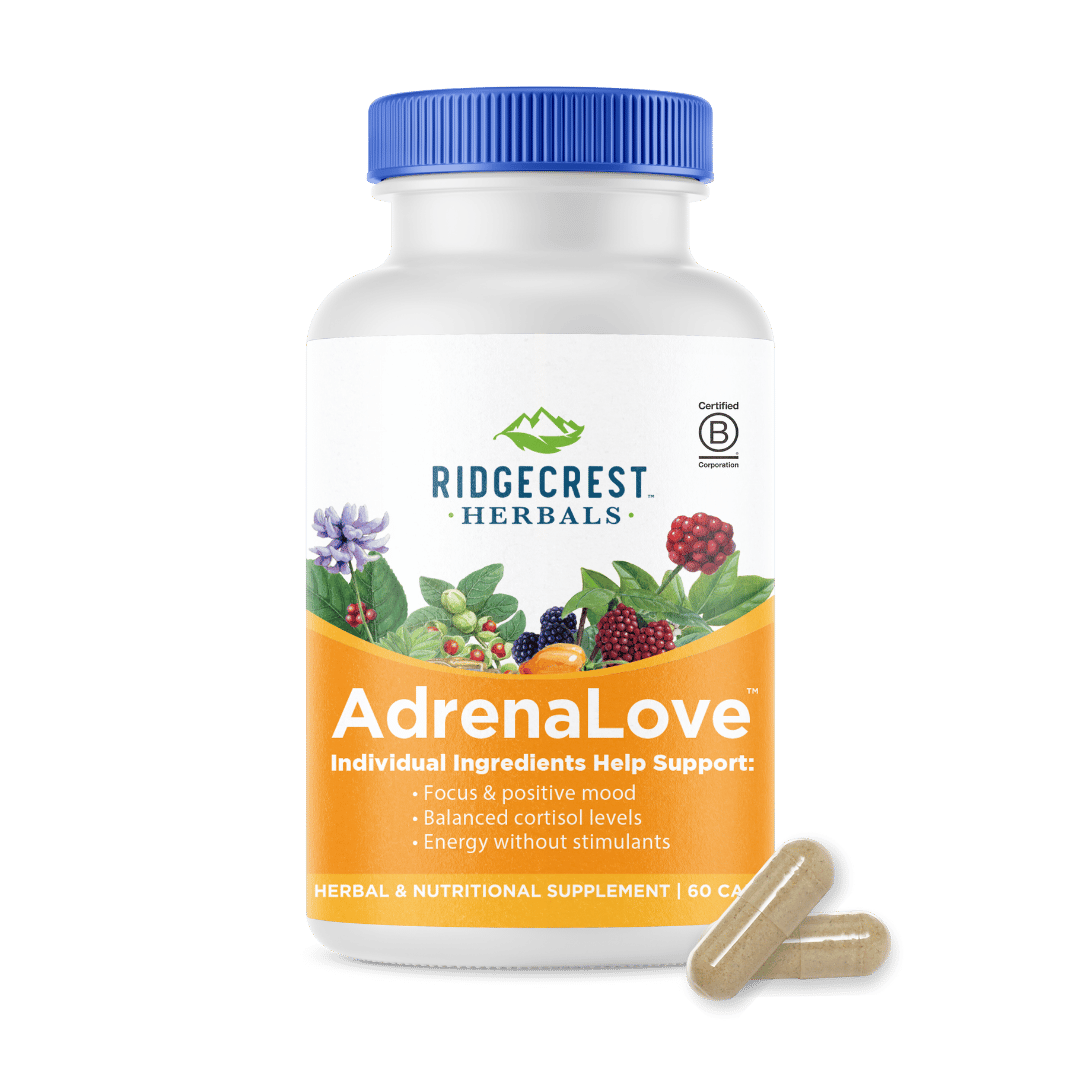
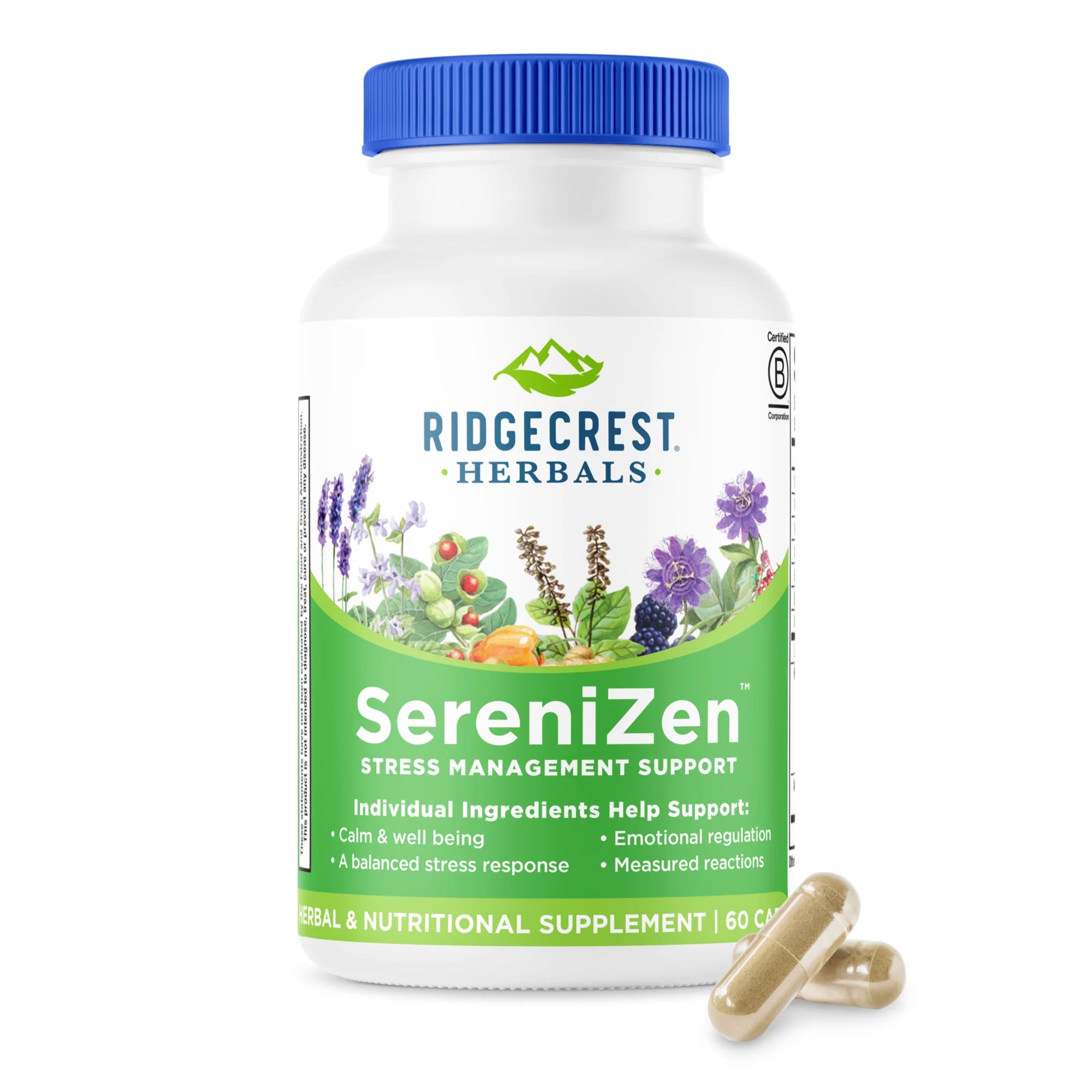
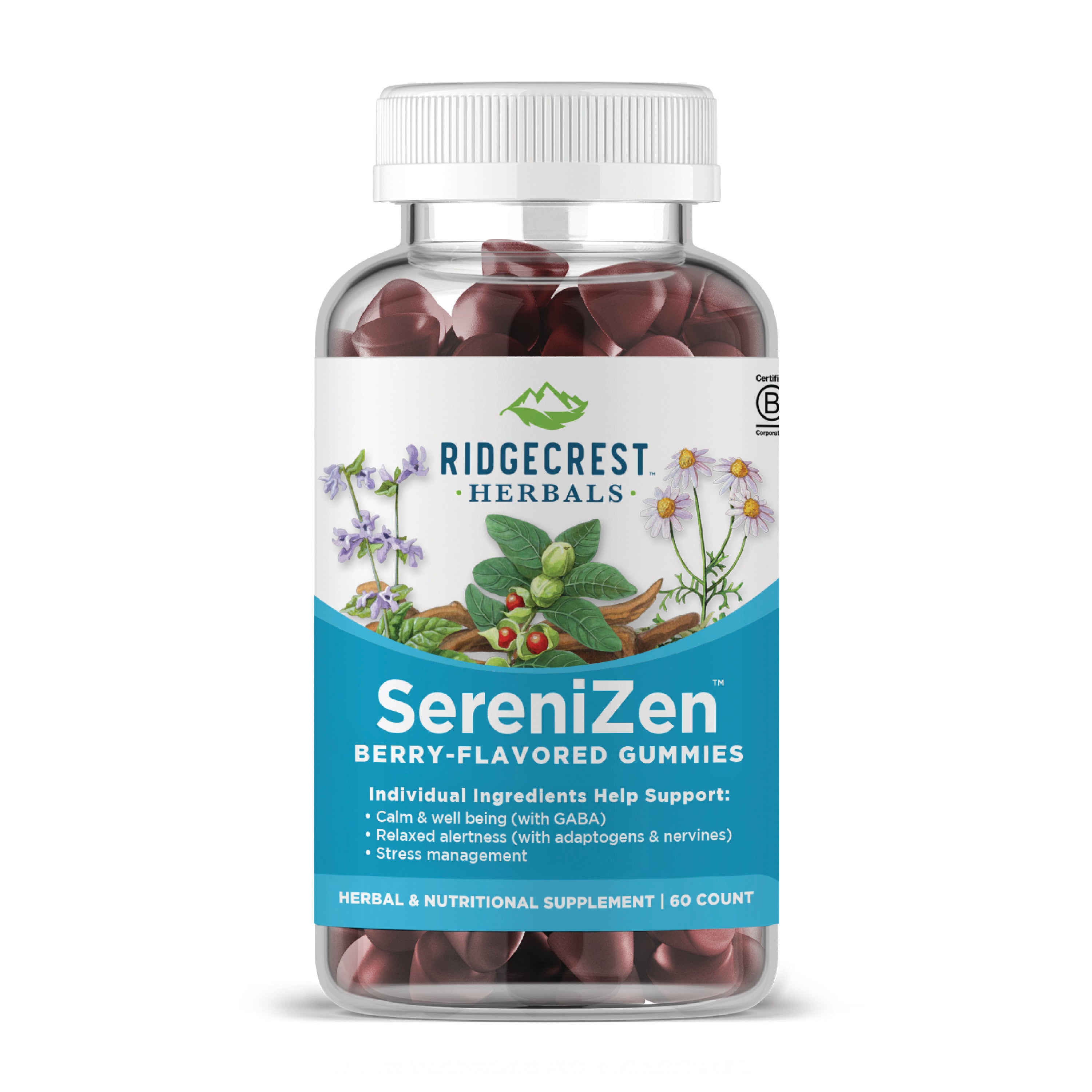
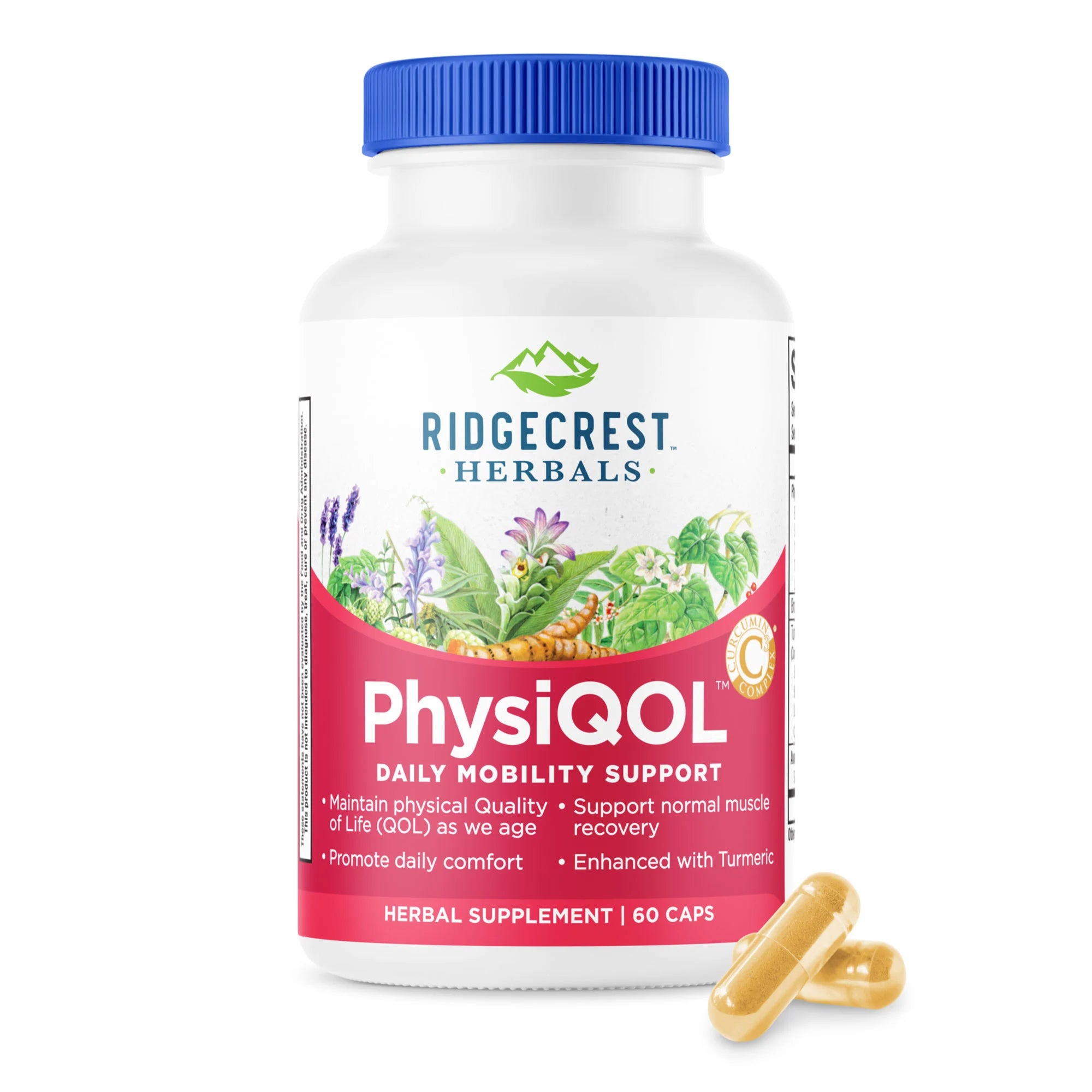
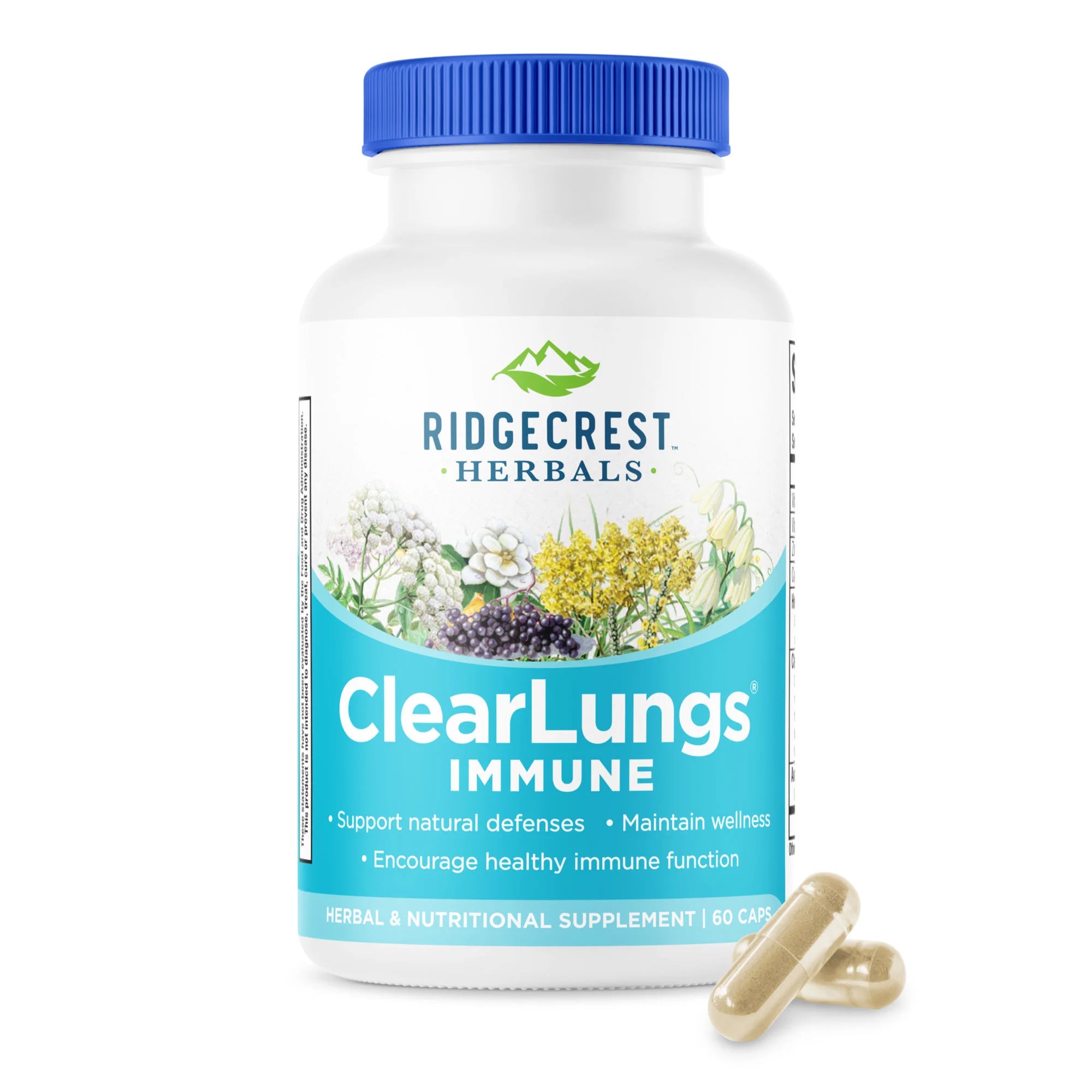
Leave a comment
All comments are moderated before being published.
This site is protected by hCaptcha and the hCaptcha Privacy Policy and Terms of Service apply.